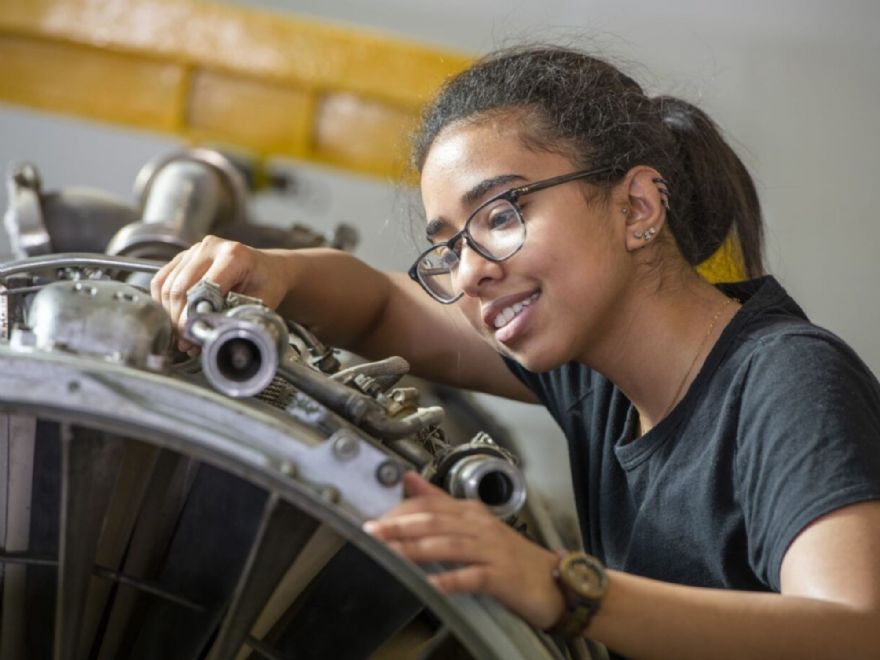
Science Secretary Peter Kyle recently announced that thousands of postgraduate students will study ‘cutting-edge’ science at universities throughout the UK as part of a £500 million skills drive, saying that support will be targeted to areas of study where universities are particularly strong and will benefit over 4,700 students and 45 higher education institutions.
“The
Doctoral Landscape and Doctoral Focal Awards, provided by
UKRI (UK Research and Innovation) will enable students to study projects in biology, engineering, and physics, as well as natural and environmental sciences. The funding has been made available to universities, and prospective students can apply in the coming months ahead of beginning their studies next year.
“This initiative supports our world-leading universities by creating opportunities to commercialise discoveries which could in time bring in millions of pounds to institutions, reflecting the key role they play in getting ambitious projects off the ground. These successes also enhance the reputation of our great universities, signalling them as centres of excellence in their subjects, which can attract more of the brightest researchers to study there and funding to support further research in their areas of expertise.”
Mr Kyle added: “Backing the next generation of great scientific minds to fulfil their potential is crucial to unlocking the discoveries that improve our lives and keep our economy growing over the long term through highly skilled jobs. This £500 million investment will support our vitally important higher education sector while supporting more bright students to pursue their talents and in turn deliver the life-saving drugs and clean-energy alternatives of the future. The aim of this funding is to support the next generation of researchers in further groundbreaking work across the breadth of scientific discovery, pushing the boundaries of what is possible in health, physics, engineering and more, and driving the economic growth we need in the UK.”
Similar funding packages supported former
University of Leicester PhD student, Roland Leigh, to create a tool now available to millions around the world to reduce the harm of air pollution by monitoring its levels. Dr Leigh now works as chief technical officer at the UK-firm Earthsense. They also led to the founding of Wild Bio by Ross Hendron, a former University of Oxford student. The company is a spinout launched with £12 million of seed capital, the largest-ever seed fundraise in plant science in Europe.
Jennifer Olsen is another past recipient of similar funding packages. Dr Olsen was named among the Women in Engineering Society’s ‘WE50 Engineering Heroes’ for her PhD work at
Newcastle University to improve the function and comfort of prosthetic limbs.